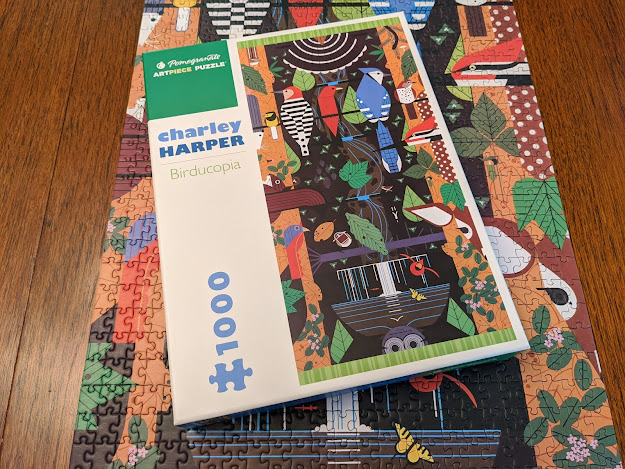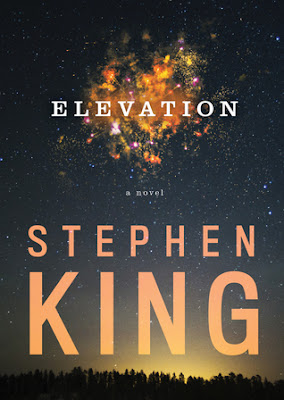Little Whale Cove
Depoe Bay, Oregon
September 2020
It's hard to believe that summer is over, especially since we finally have some warm weather here on the coast. We saw temps in the 80s last week and it actually felt hot while walking on the ocean path. Crazy weather, but I'm not complaining, especially since we had several days of rain earlier in the week.
Every month in 2020 seems especially long and September was no exception. We started the month off with a terrible windstorm on Labor Day, which caused a power outage and downed trees in our neighborhood, in addition to terrible air quality due to local forest fires. It was very unsettling for several days, but we had luck on our side and didn't have to evacuate our home.
The big news of the month was Ruth Bader Ginsburg's death. Such a loss for our country. I still have Notorious RBG on my nightstand, but won't get to it for a few more weeks. I'm sure it will be a bittersweet read.
My husband is still recovering from his broken arm. He had a CT scan a couple of weeks ago and has since been referred to an orthopedic surgeon. We're trying to stay optimistic, but he may be facing surgery in the coming weeks. Sigh.
With all that's been going on in our lives and the world at large, I managed to have a pretty good month of reading; only one dud and a couple of books that I couldn't get interested in.
Books Read (click on the title for my review):
The Summer Guest by Justin Cronin (4/5)
Behind Her Eyes by Sarah Pinborough (4/5) for RIP XV
Every Last Lie by Mary Kubica (2/5) for RIP XV
When My Time Comes by Diane Rehm (4/5)
The Dutch House by Ann Patchett (4/5)
Elevation by Stephen King (2/5) for RIP XV
Abandoned:
Sycamore by Bryn Chancellor
The House on the Strand by Daphne du Maurier
First Lines:
North of Boston they followed the sea. (The Summer Guest)
Pinch myself and say I AM AWAKE once an hour. (Behind Her Eyes)
They say that death comes in threes. (Every Last Lie)
Death was a part of my life at an early age. (When My Time Comes)
The first time our father brought Andrea to the Dutch House, Sandy, our housekeeper, came to my sister's room and told us to come downstairs. "Your father has a friend he wants you to meet," she said. (The Dutch House)
Scott Carey knocked on the door of the Ellis condo unit, and Bob Ellis (everyone in Highland Acres still called him Doctor Bob, although he was five years retired) let him in. (Elevation)
Movies and TV Series:
Bosch - We finished the series and thought it was excellent. I'm going to miss those characters!
Goliath - We watched one episode and decided not to continue.Van der Valk - Not as good as Bosch, but still pretty good. (Only 3 episodes.)
Enola Holmes - I know I'm in the minority, but I wasn't impressed. I'm not a big fan of breaking the fourth wall.
Can You Ever Forgive Me - OK, but not great.
Mystery Road - Watched a couple of episodes and decided not to continue.
New Recipes:
Puzzlemania:
I love Pomegranate puzzles and I especially enjoy those of Charley Harper's artwork. This one was so much fun!
Outings:
We've been getting takeout from a couple of our favorite restaurants during the pandemic, but last week we decided to go out to lunch! We ate outside on the patio and felt relatively safe, but it sure felt strange. We wore our masks until it was time to eat and were careful to sanitize before handling our food and drinks. We agreed that the tables could have been spaced a little further apart, but all in all it was nice to have a meal out while sitting in the sun. The food was exceptionally good, so we plan to go back before it gets too chilly to eat outside.
Stay well and please wear your masks!







































